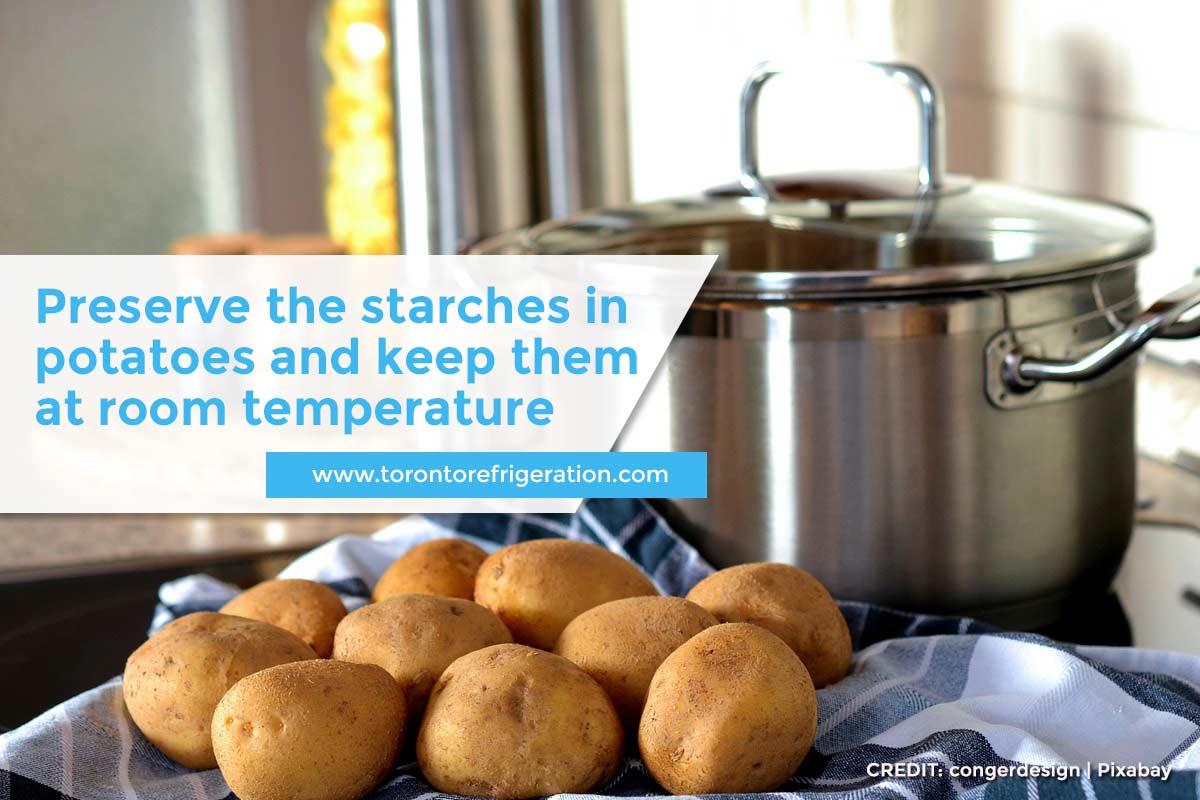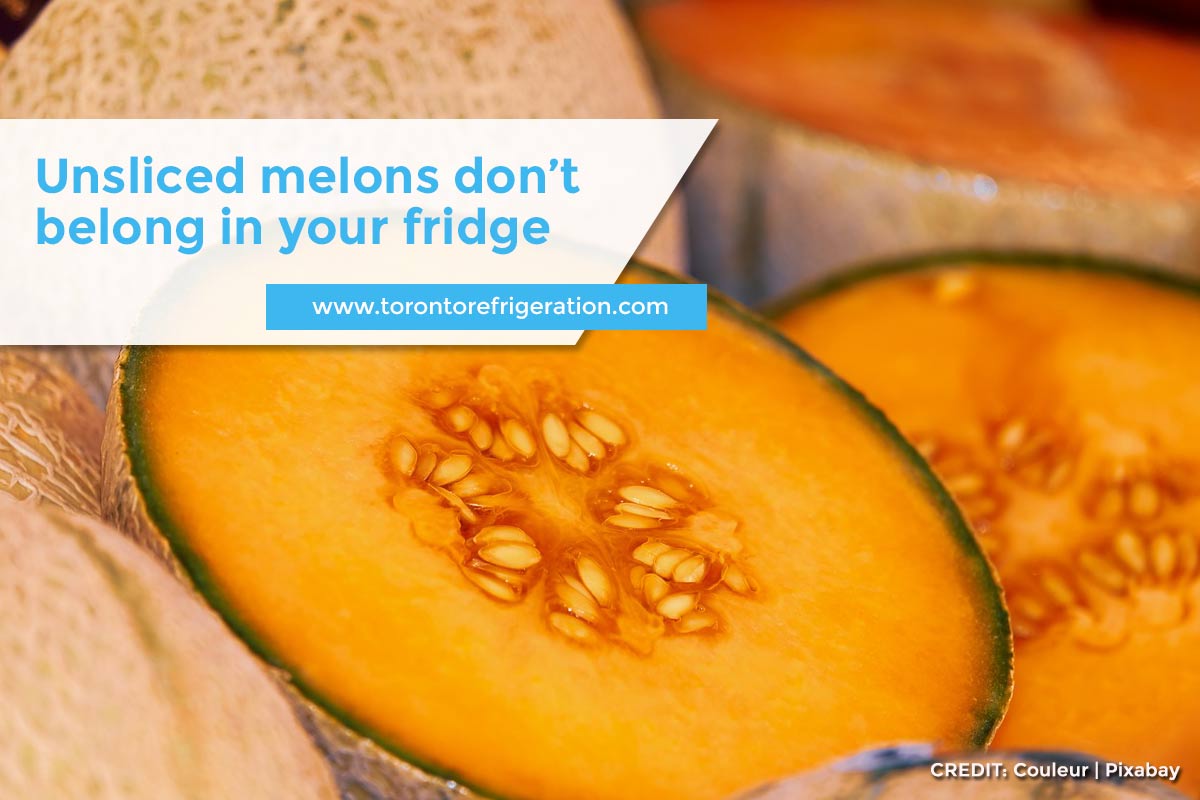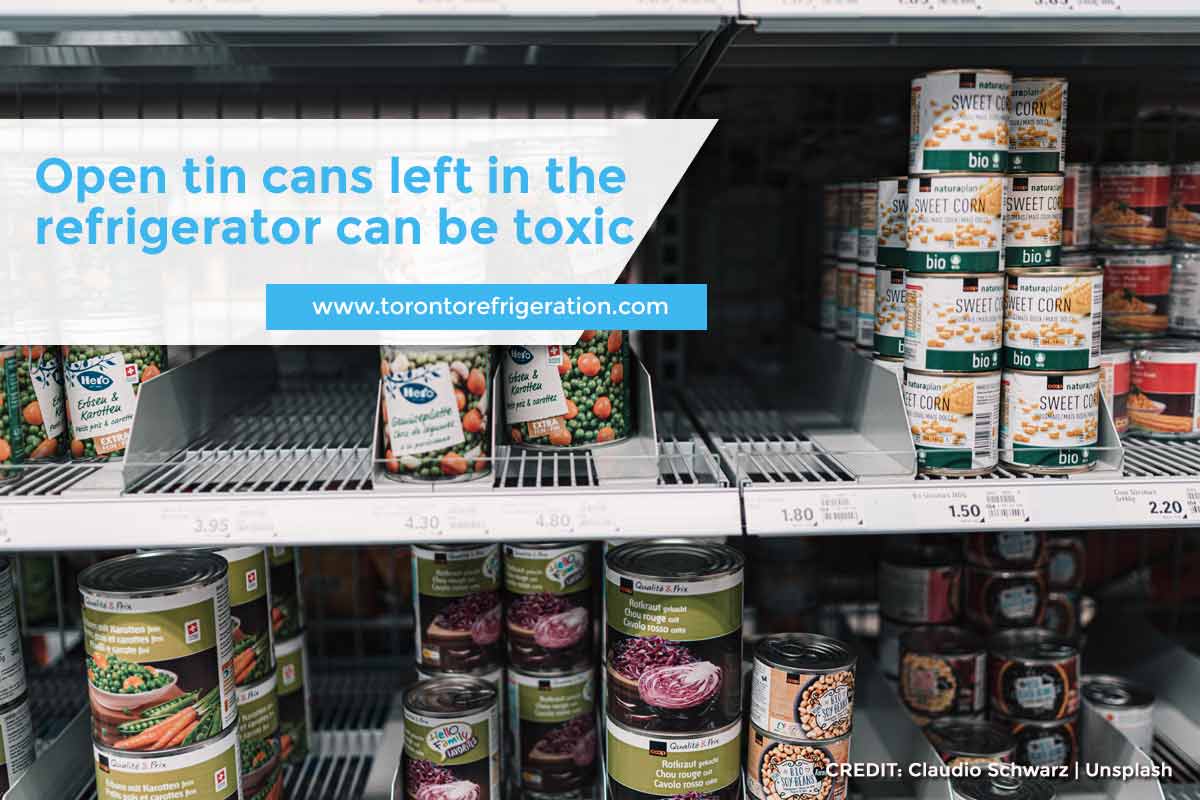Worst Foods to Store in Your Fridge

While most people believe that you can keep anything in your fridge, the cold temperatures are not ideal for certain foodstuffs. You know better than to store rotten fruit and expired foodstuffs in the fridge, but you are probably guilty of keeping staples that have no business in your fridge.
Refrigeration slows down the growth of bacteria; however, they can’t totally eradicate them. The food stored in the refrigerator still contains soil, air, water, and other substances that can serve as a breeding ground for bacteria. On top of that, low temperatures can affect the consistency and nutrient content of certain food items. Avoid potential food wastage by knowing the kinds of food that you should keep out of your fridge.
1. Coffee and Creamer
Coffee beans and coffee creamer are best kept in an airtight container and stored in your pantry instead of keeping then in the fridge. The humidity of the electric appliance will cause a watery condensation to build up which will affect the flavour and aroma of your cup of Joe.
2. Flavoured Yogurt
Are you guilty of keeping your yogurt in the door of your fridge? It is about time to break the habit. Your flavoured yogurt is best kept frozen, at 4°C to keep its texture suitable for eating. The freezing temperatures help preserve the good bacteria in your yogurt.
If you keep it on the door of the fridge, you lose the beneficial bacteria that help you with digestion. It will also alter it’s taste, smell, and texture.
3.Sugary Beverages
Do you love soda and other sugar-sweetened beverages? These beverages have a longer lifespan and, contrary to popular belief, do not need to be stored in cold temperatures to keep them fresh.
They can be left at room temperature for a long time. It will keep them from reacting to the cold and help you avoid cluttering your fridge.
4. Honey
There is absolutely no reason to store honey in the fridge. Honey does not spoil. If you want to keep your sweet and gooey goodness of honey, do not store it in your fridge or in cold rooms.
5. Onions
If you want to keep your onions crunchy, keep them from the refrigerator. The cold temperature and moisture will soften them, giving them that mushy texture.
Additionally, the smell of onions will linger inside your fridge, which can affect the flavour of other items stored in it. The best storage practice for onions is to keep them in a dry and well-ventilated area.
6. Garlic
Like onions, garlic can leave its strong smell in your fridge. The cold will also cause it to spout and turn it rubbery. Place your garlic in a cool and dry place instead.
7. Condiments
Reserve a place in your pantry for all the oils and powders you need for your recipes, but do not place your condiments, expired or fresh, in your fridge.
The cold and moisture will cause powdered spices to clump. The liquid condiments will crystalize, affecting their taste. Keeping condiments past their usable date could also contaminate other food and cause you to get sick.
8. Potatoes
The versatility of potatoes in the kitchen is unquestionable. It can be cooked and served alone or added to other dishes, which is why this is a staple in many homes around the world.
The ideal way of storing this root crop is by keeping it inside paper bags or net bags. It should be kept in a cool and dry place inside the pantry, NOT the refrigerator. The fridge turns the potato into an unhealthy pile as the starch turns into sugar. This might make the potato taste sweeter, but it can also increase blood sugar levels.
9. Avocado
Your favourite guacamole can perk up your mood. However, if the avocado is the wrong consistency, your recipes wouldn’t work as well. Keeping avocados in the fridge will hinder the ripening process, which will harden it and make it less tasty.
You should store avocados near bananas if you want them ripe and sweet. For best results, keep them in open brown bags and far away from cold temperatures.
10. Melon
Fresh melons, like watermelon, honeydew, and cantaloupe are delicious and healthy, but did you know that, if unsliced, they are never to be stored in the refrigerator?
Food experts recommend that melons be kept in the storage at room temperature to help keep the antioxidants intact. The only time they can be kept in the fridge is after they are sliced.
11. Tomatoes
Food experts have warned consumers of how tomatoes are sapped of their flavours in cold temperatures. These block flavour-enhancing genes from activating.
While storing tomatoes in the fridge prolongs their freshness, it alters its taste. The research published in Proceedings of the National Academy of Sciences revealed that chilling tomatoes inhibit it from generating substances that enhance aroma and flavour. If you want to keep your tomatoes tasting great, keep it out of the fridge.
12. Tin Cans
Once tin cans are opened, especially if they stored acidic food products, the contents must be transferred to a food-grade container.
Why? The opened tin cans degrade in cold temperatures and will react with the food, leaving a metallic taste in your mouth. However, it does not only affect the flavour. The cans can harbour bacteria that can cause illnesses including nausea, diarrhea, abdominal pain, vomiting, fever, and other headache.
13. Thawed Meat
Do you have a habit of thawing a huge slice of meat or chicken and putting it back in the refrigerator? This is a habit that you need to break. Experts suggest that meat products should be kept at a low temperature to preserve the freshness and keep germs and bacteria from thriving.
You should refrain from putting back that large piece of meat in the fridge; because cold temperatures will preserve the bacteria. Instead, cut the meat into several portions and store them in zip bags. This simple process will save you time and lessen the chances of contracting diseases.
14. Nuts
Nuts are a healthy alternative to chips. However, nuts should have no place in your fridge; low temperatures will affect its flavour as they absorb other odours in the fridge. If you want to keep your nuts fresh, store them in an airtight container.
While it’s true that refrigerators can save households the cost and inconvenience of food wastage, they are not the answer to everything. Based on what you’ve just read, you now know that the low temperatures in this appliance are not optimal for every foodstuff in your kitchen. Preserve the taste of your food and drinks while protecting your health by keeping these items away from your fridge.
To save you from grief, make sure your fridge is in tip-top shape. Contact Toronto Appliance Repairs today. We can provide you with professional appliance and refrigerator repair services if you’re in Toronto or the GTA. With the help of licensed fridge repair professionals, you can keep the nightmare of spoiled food due to a broken refrigerator at bay. We are at your disposal 24/7; call us at (416) 918-2700.




